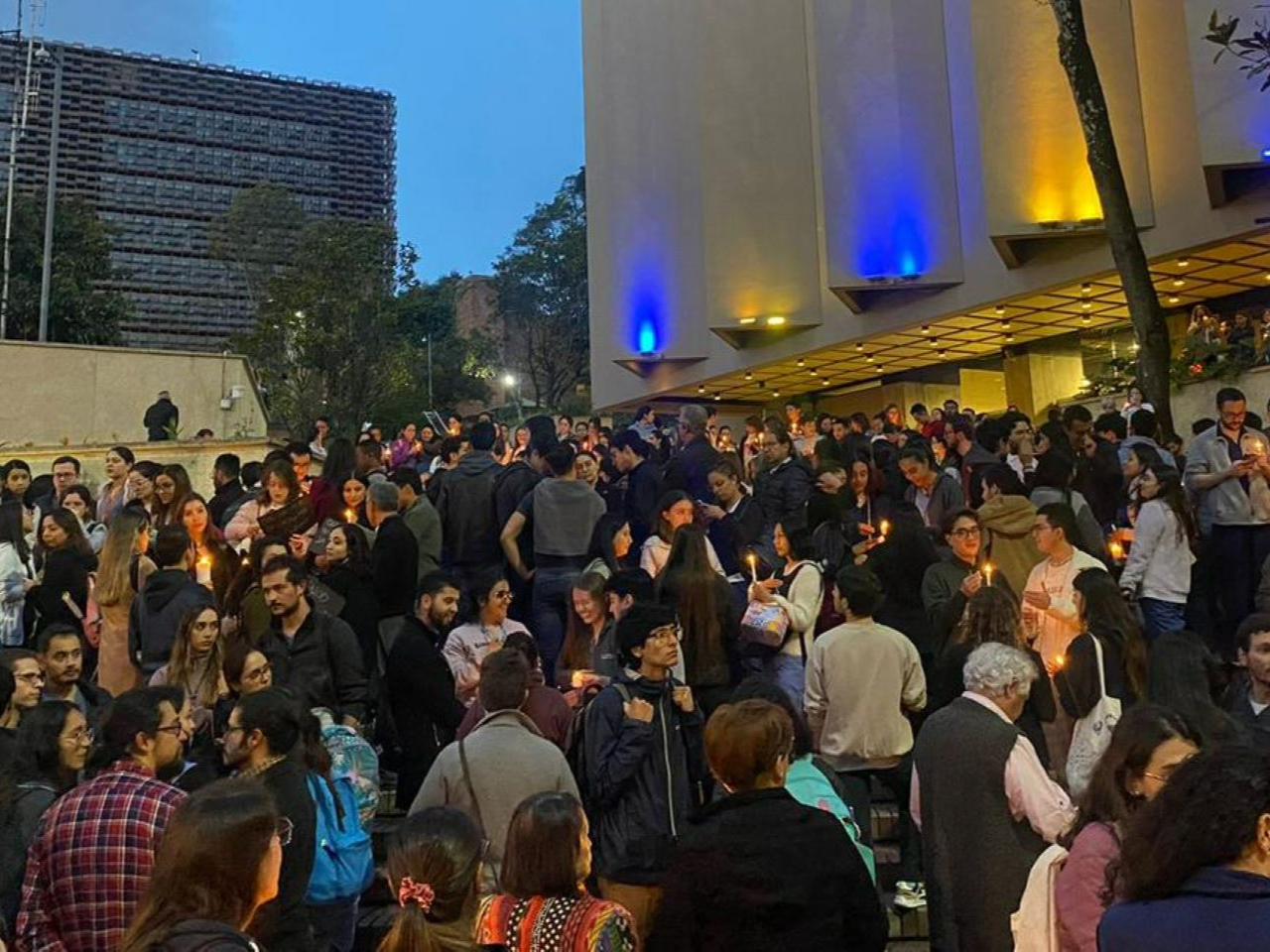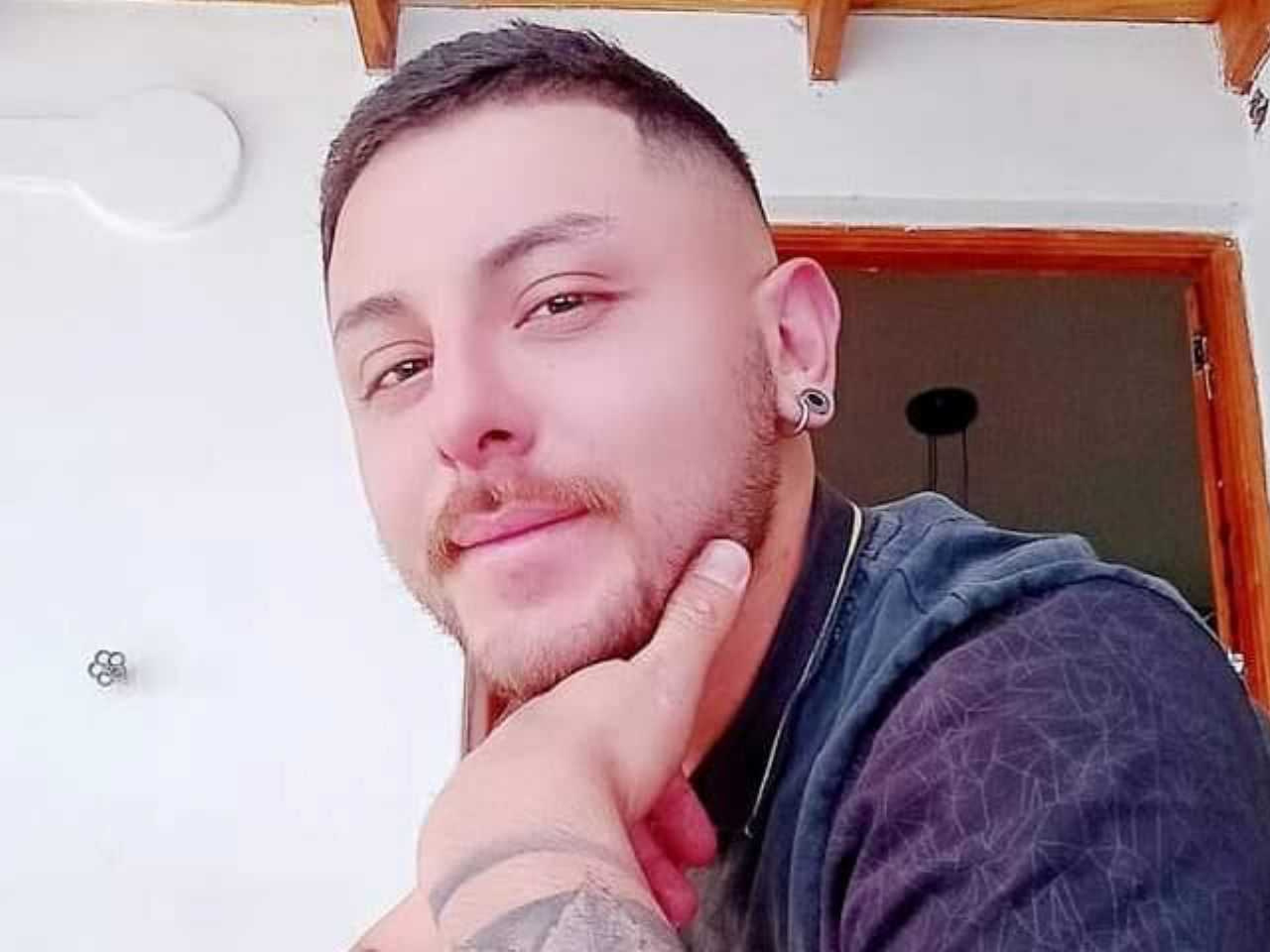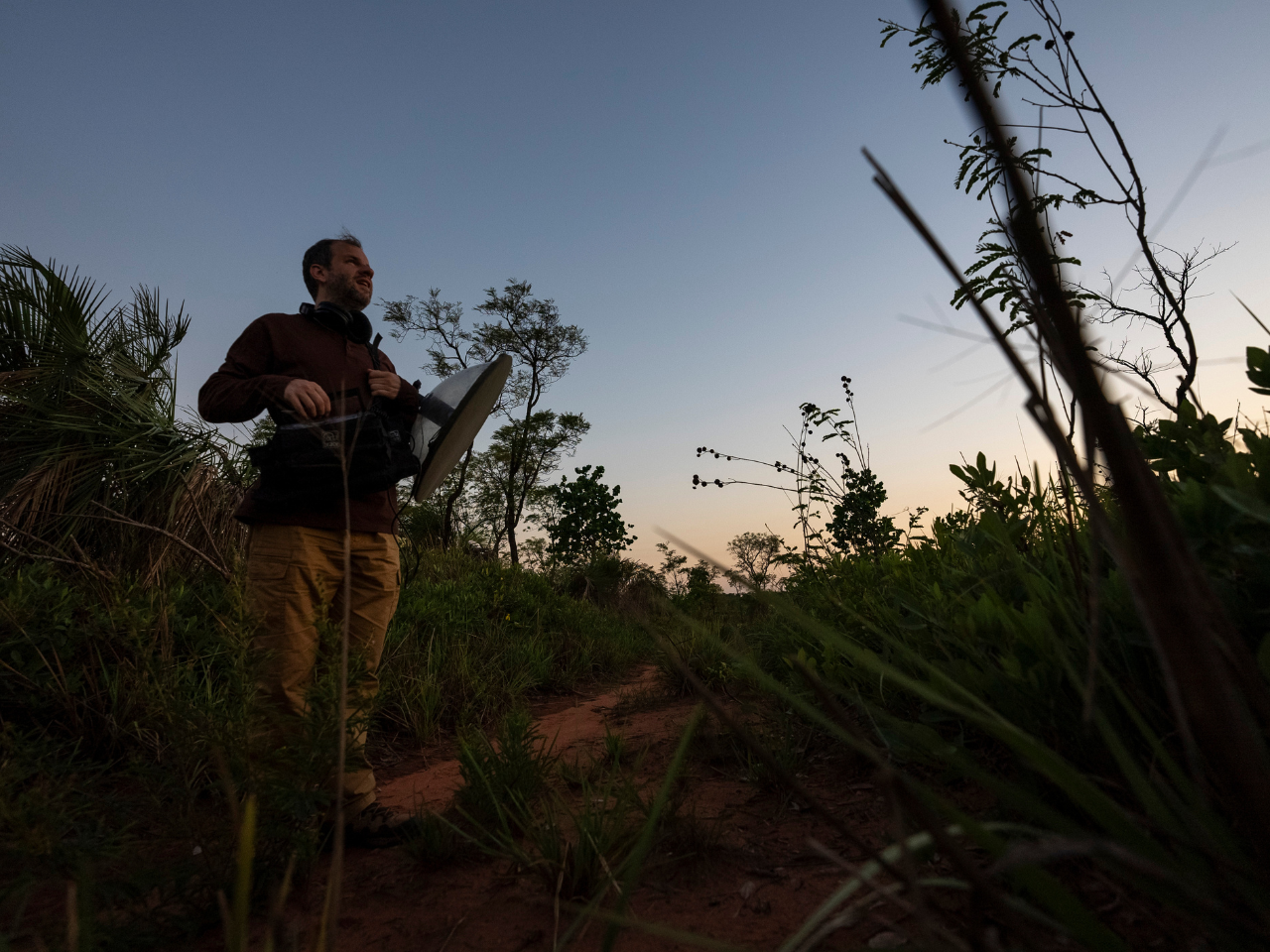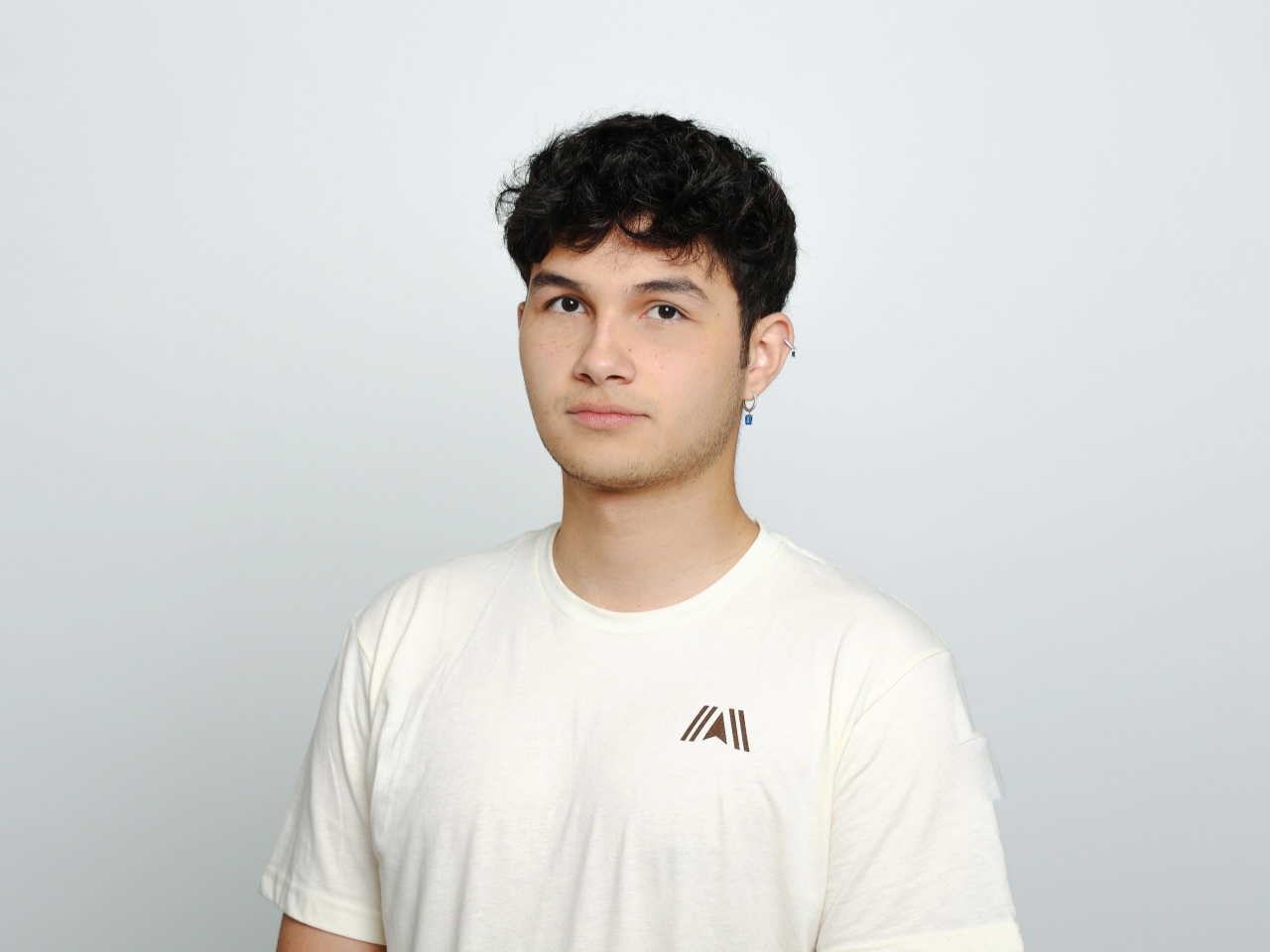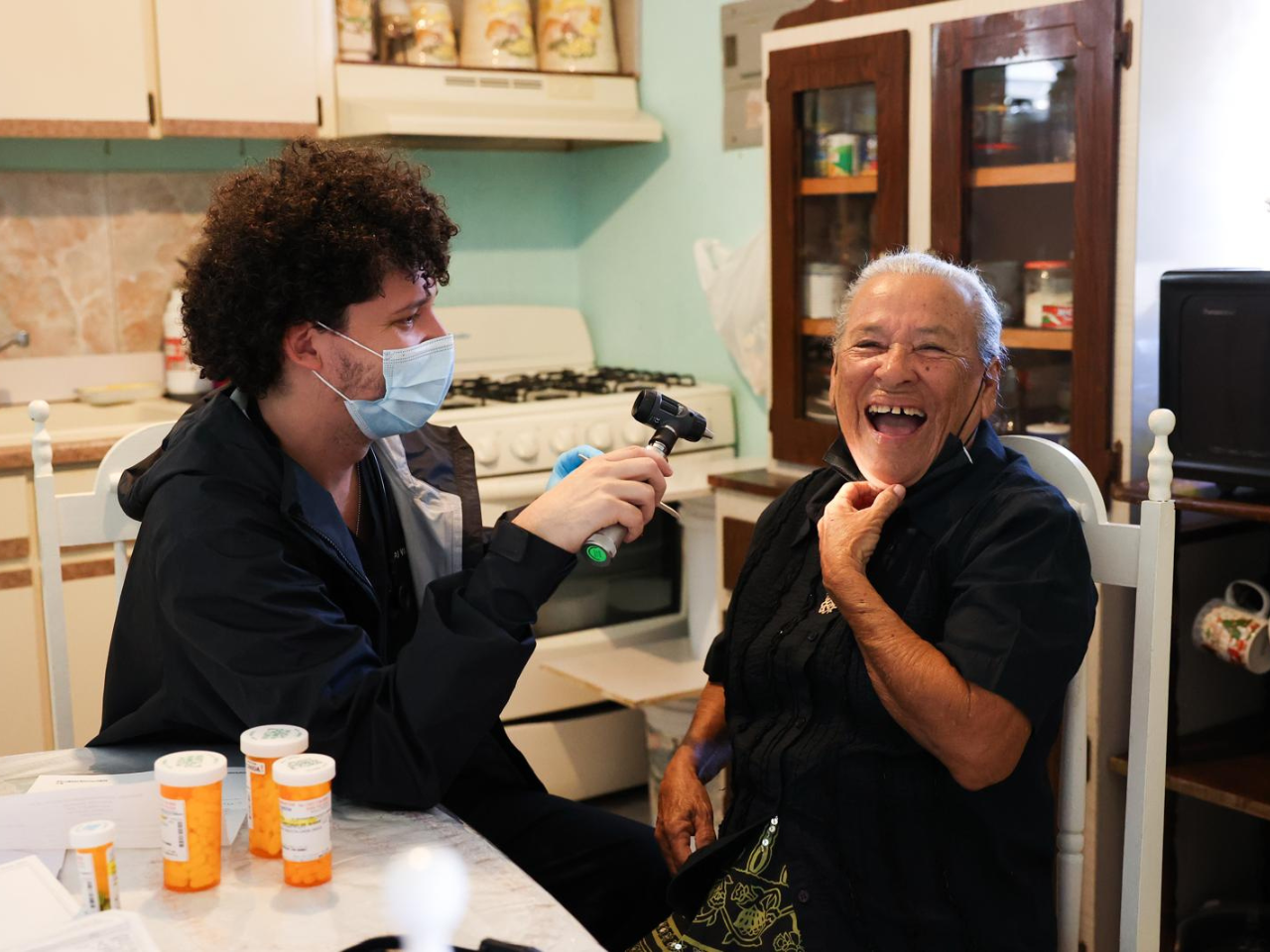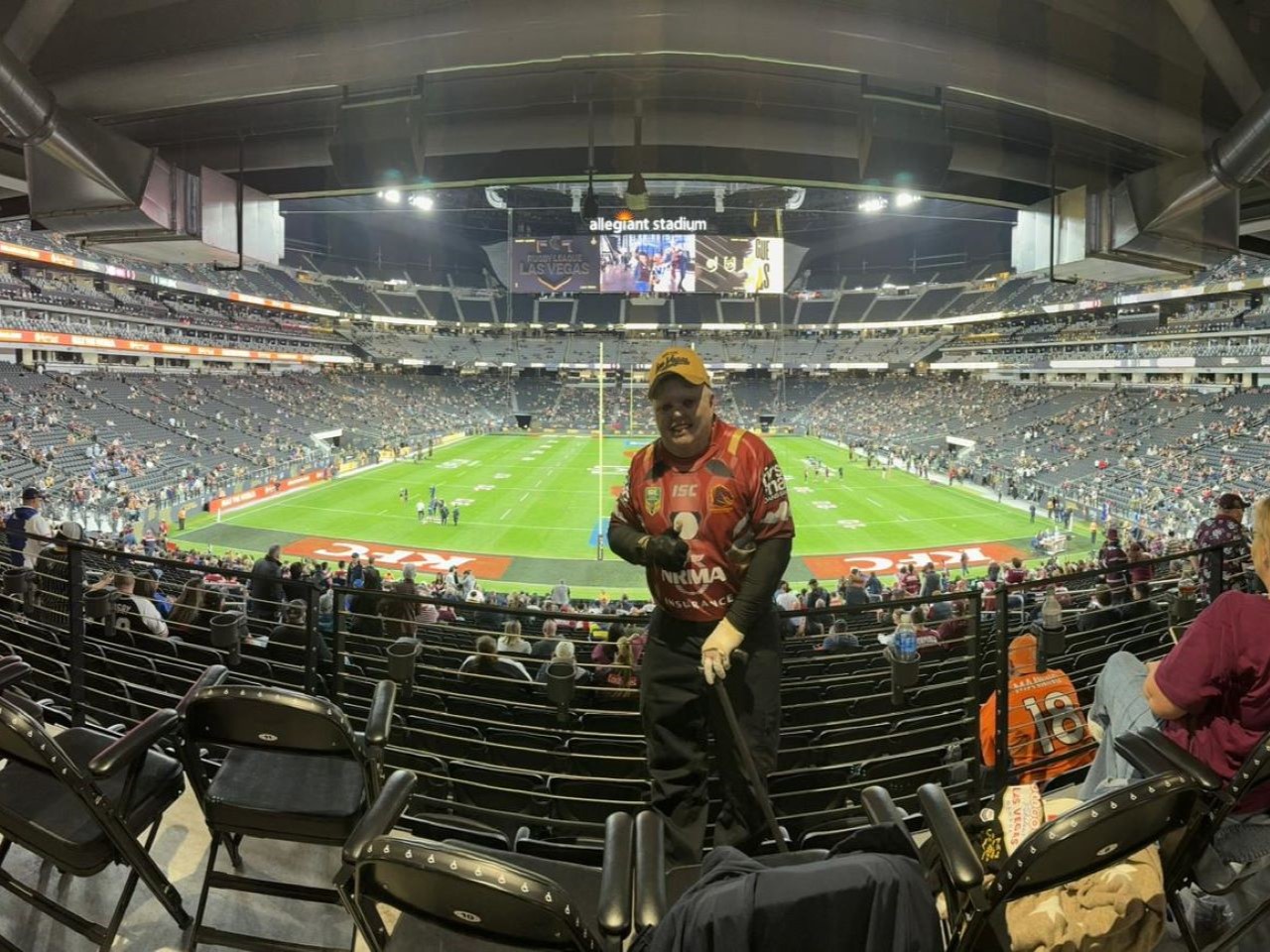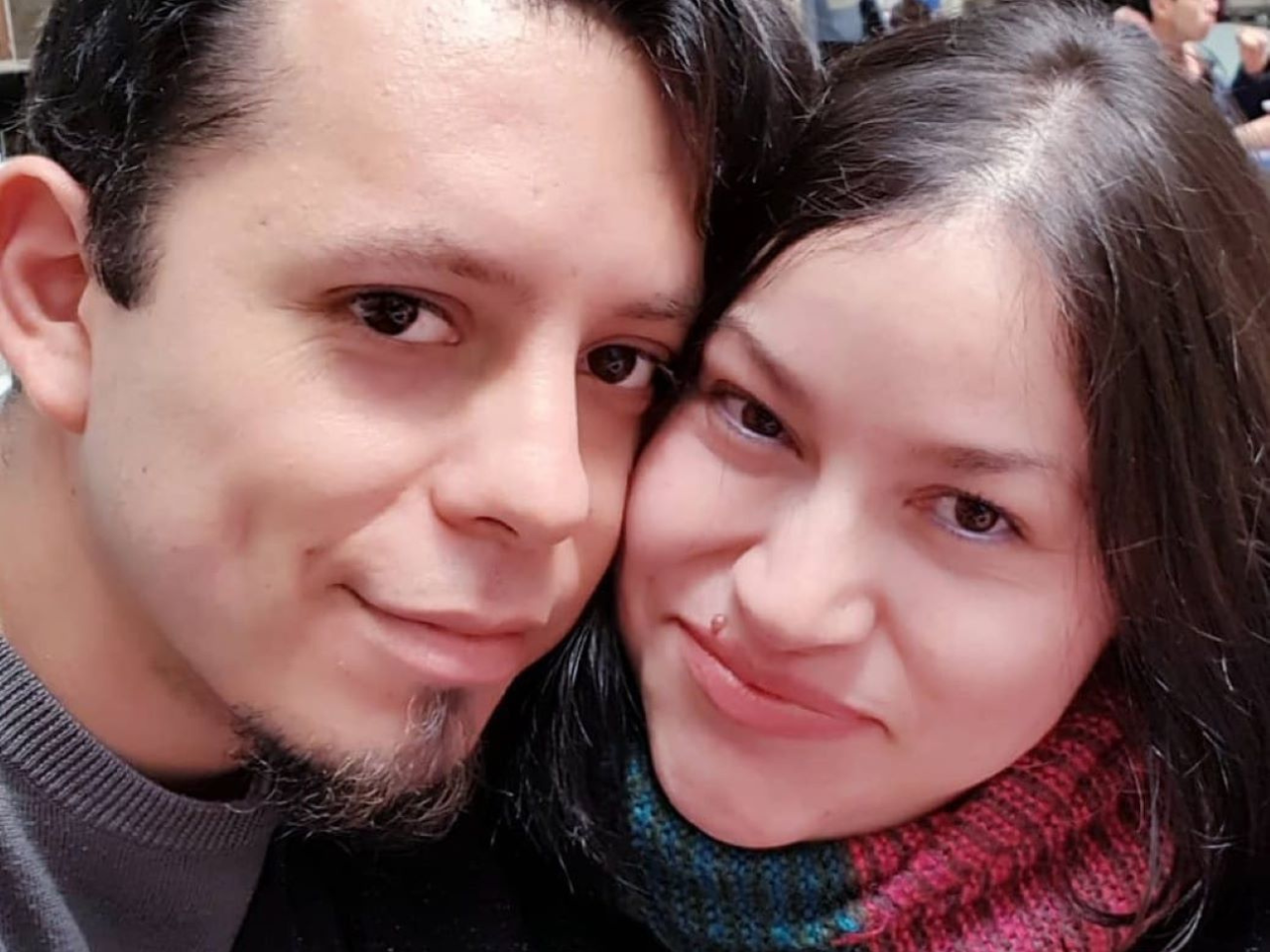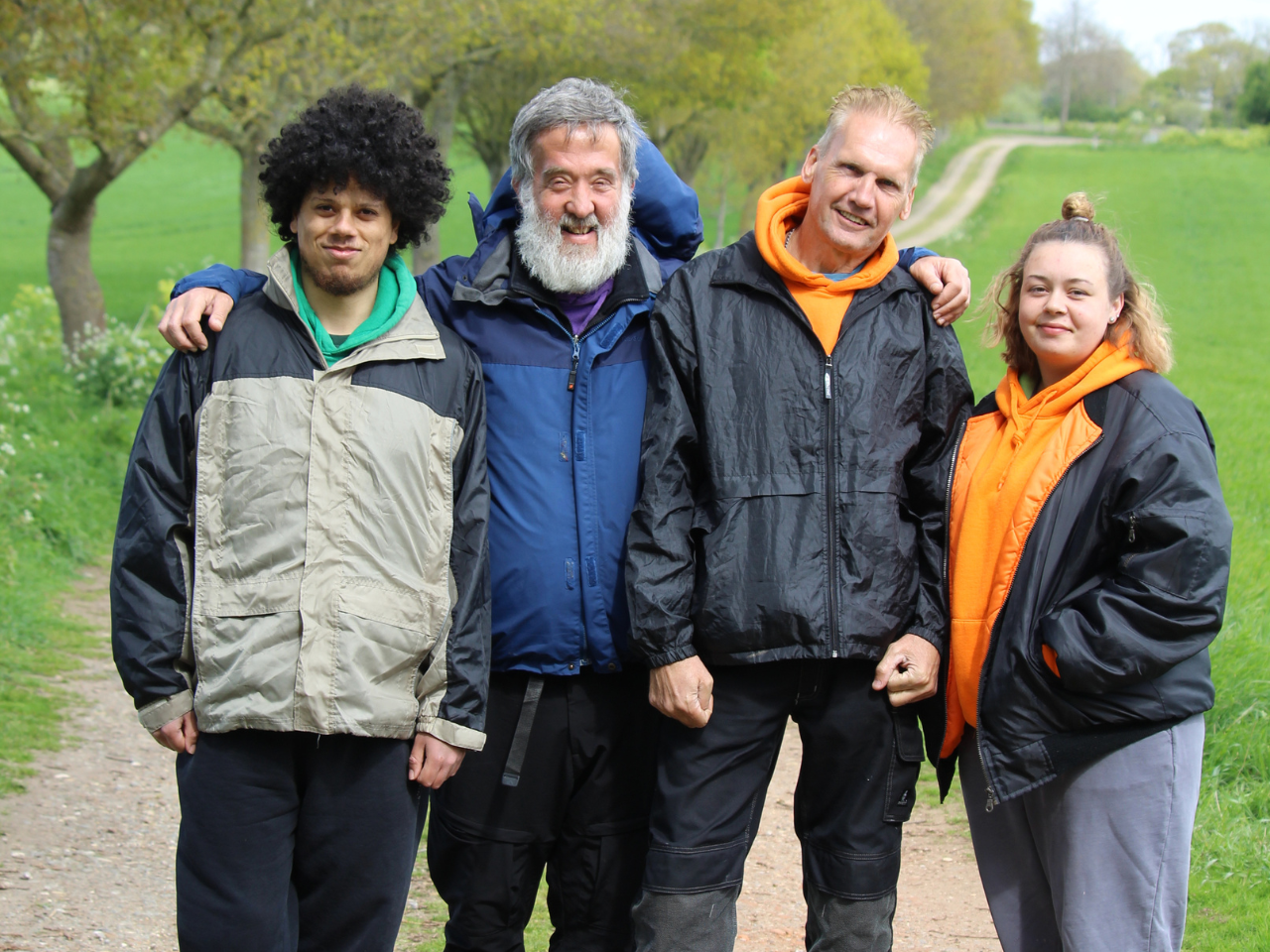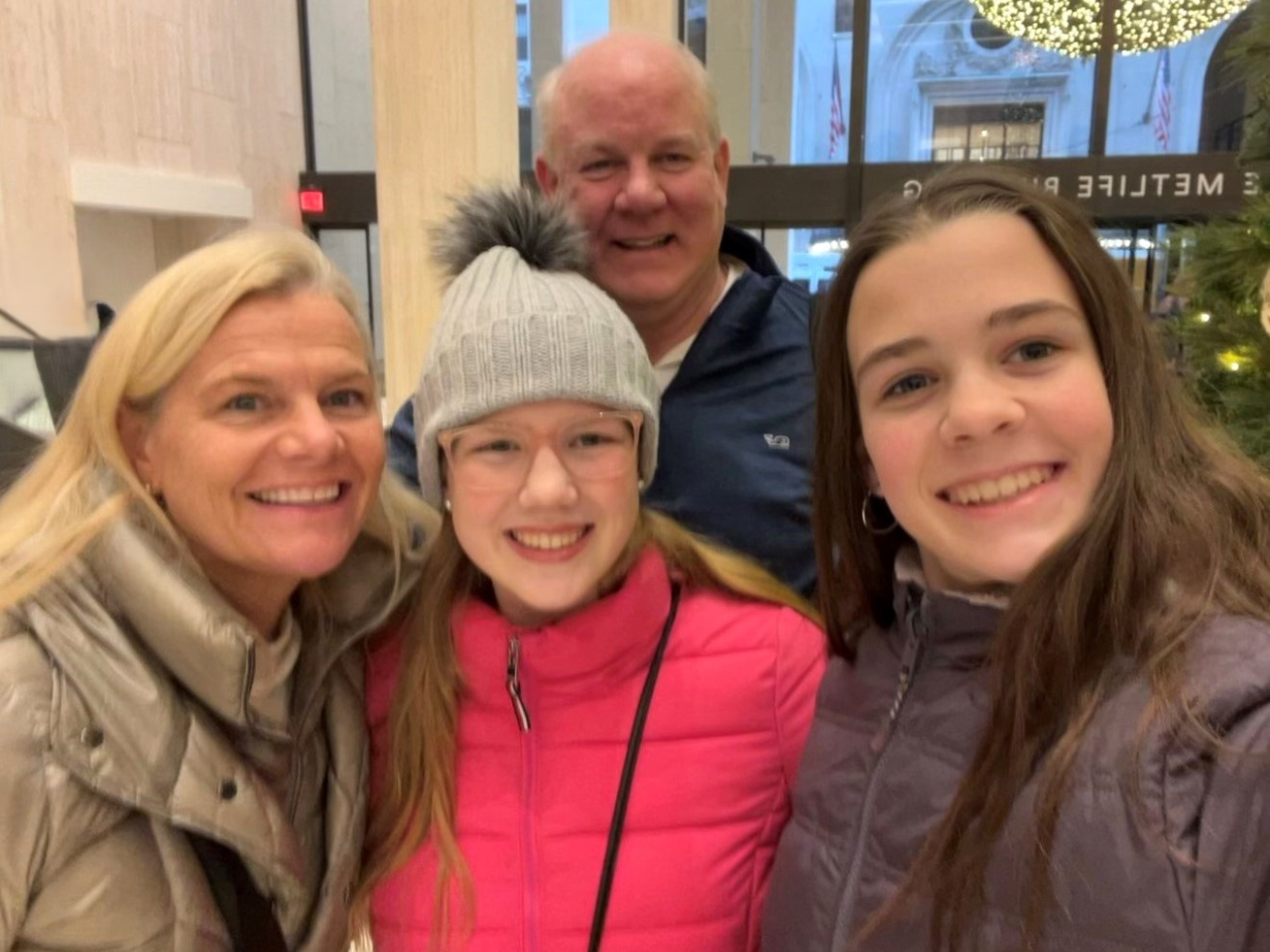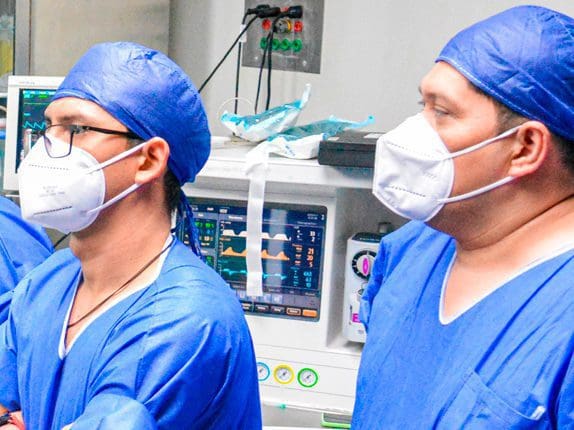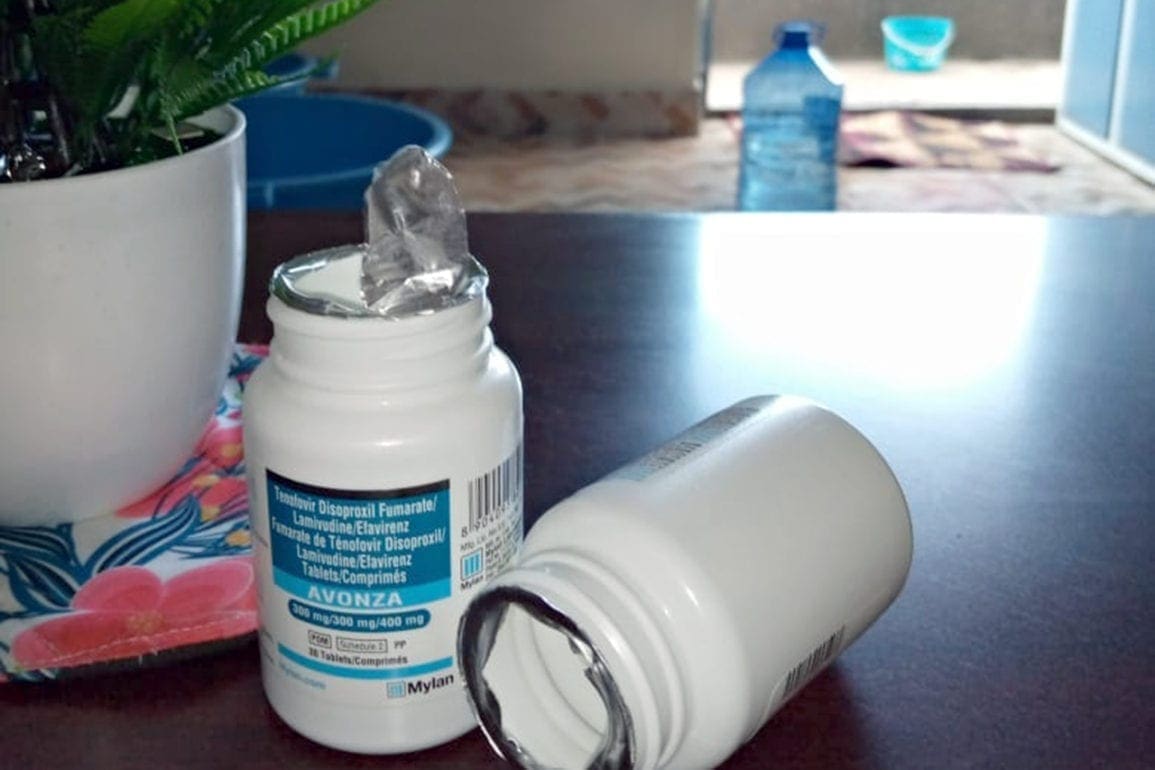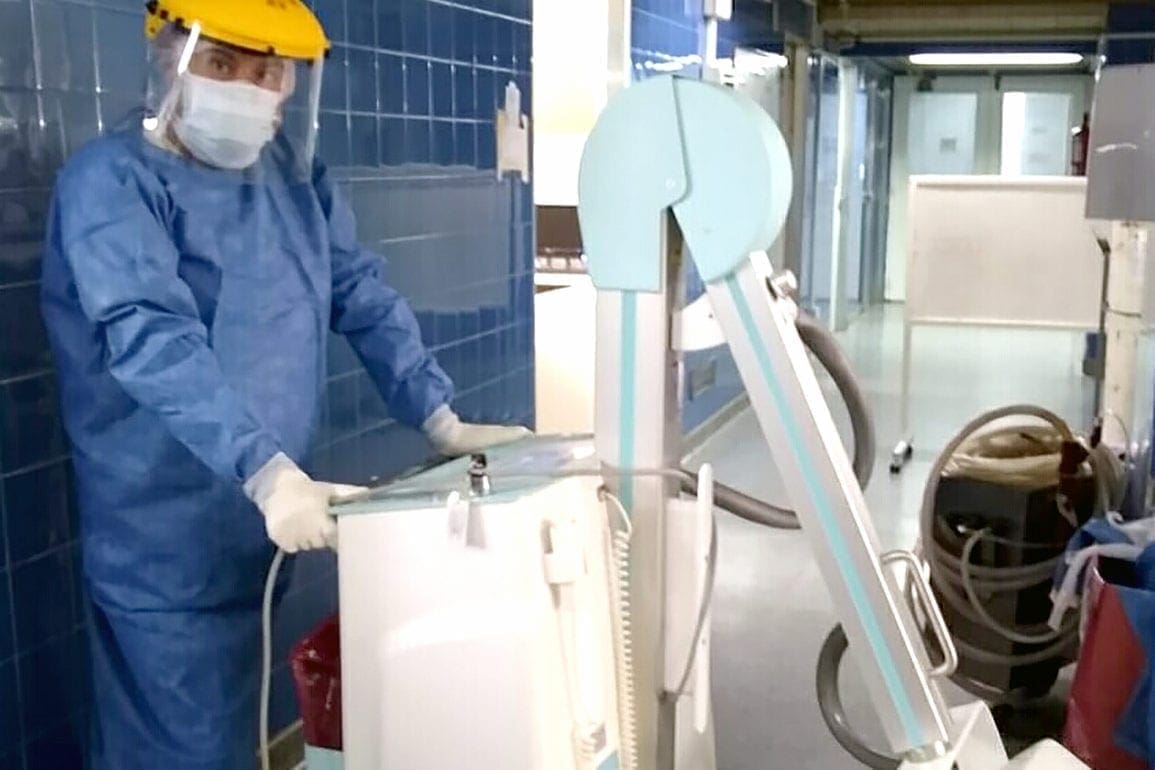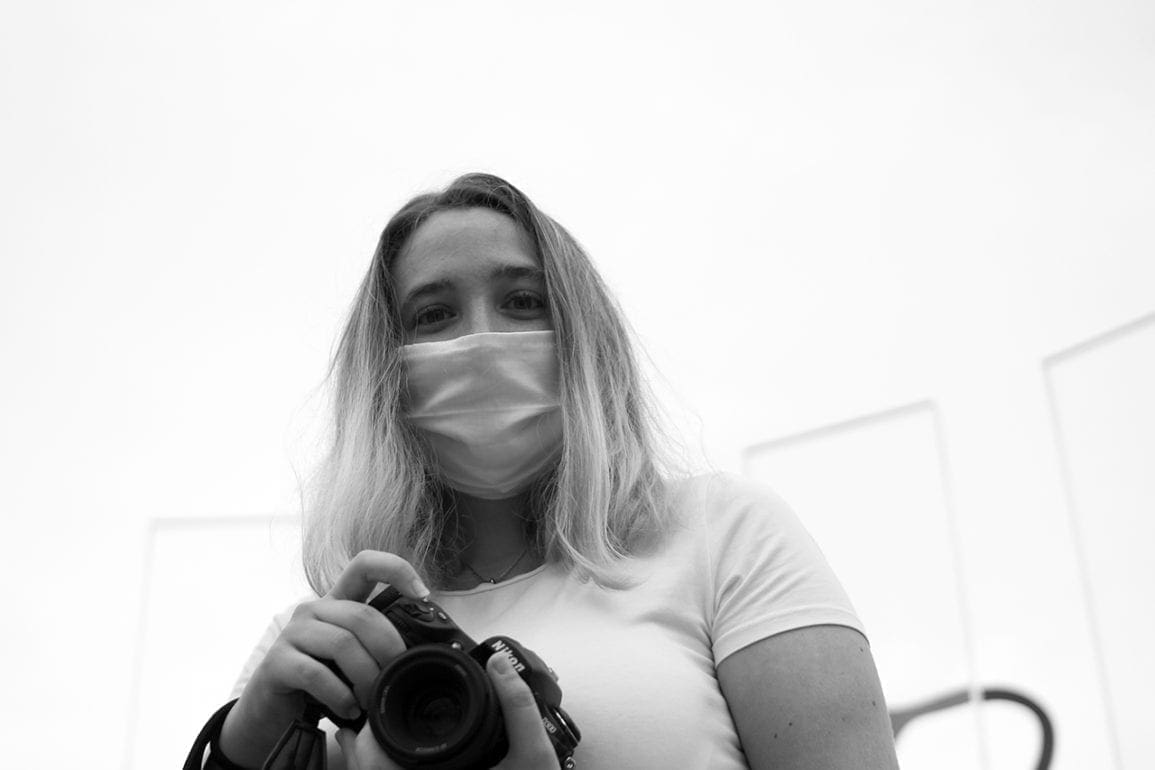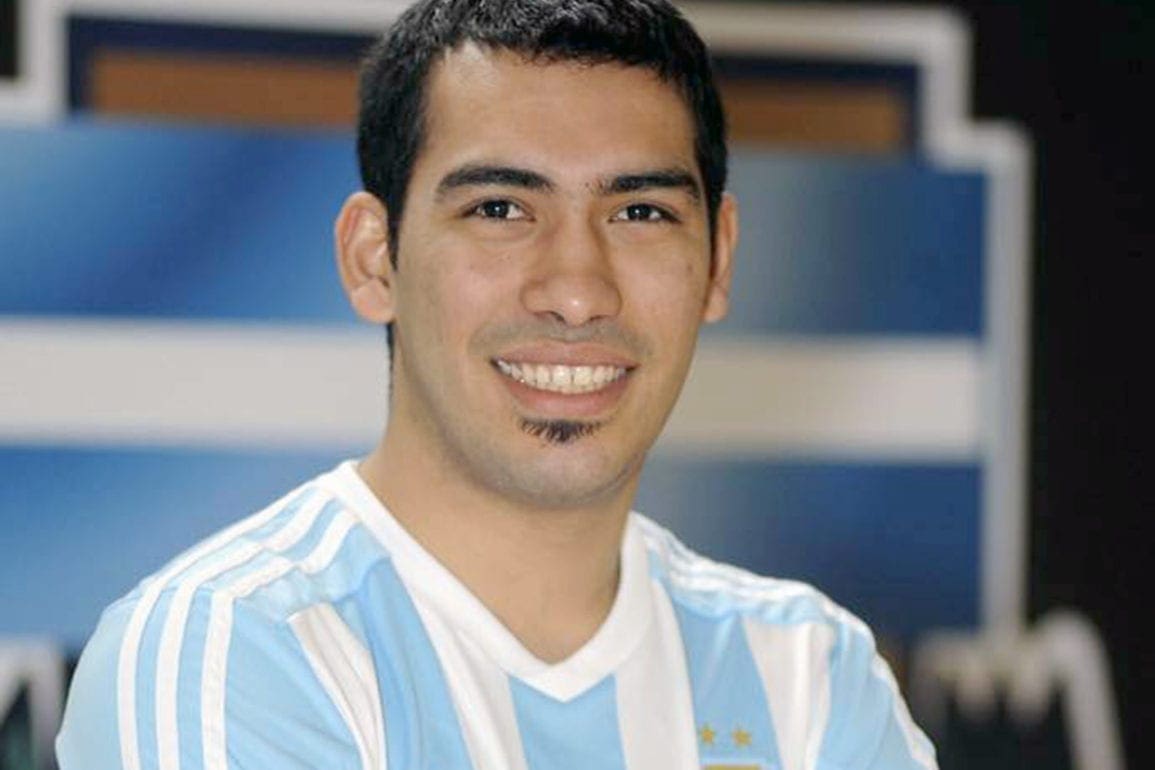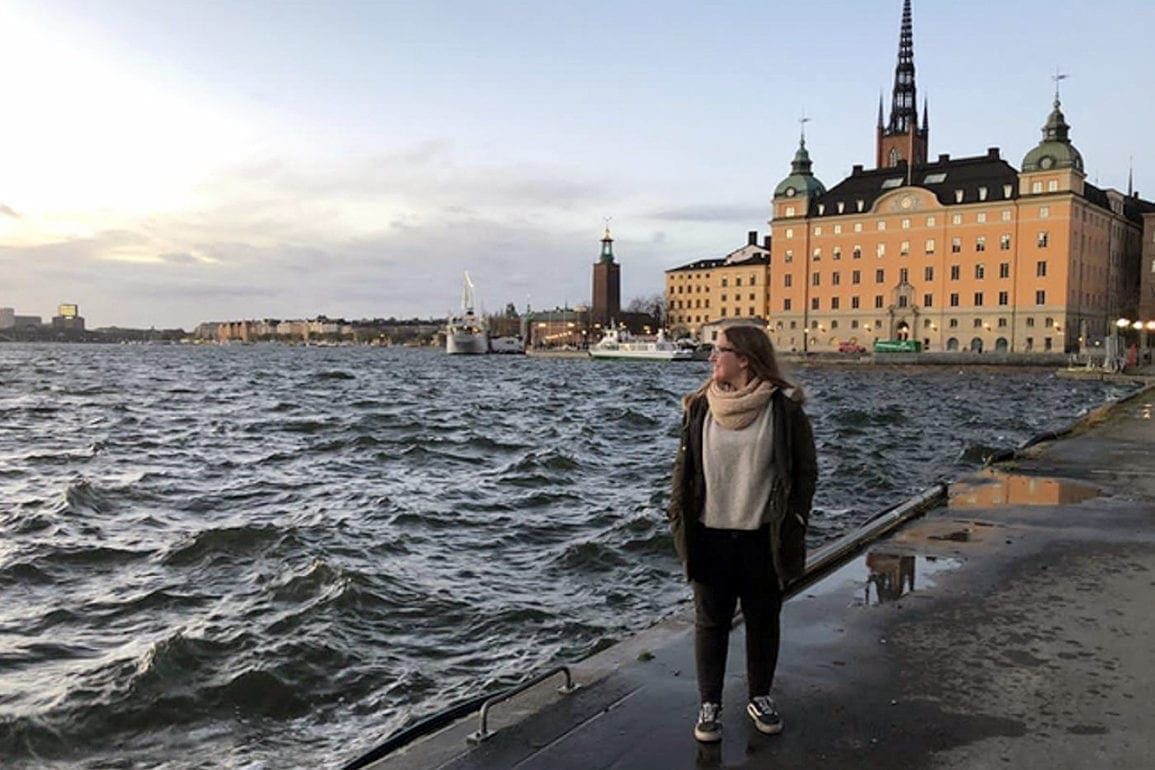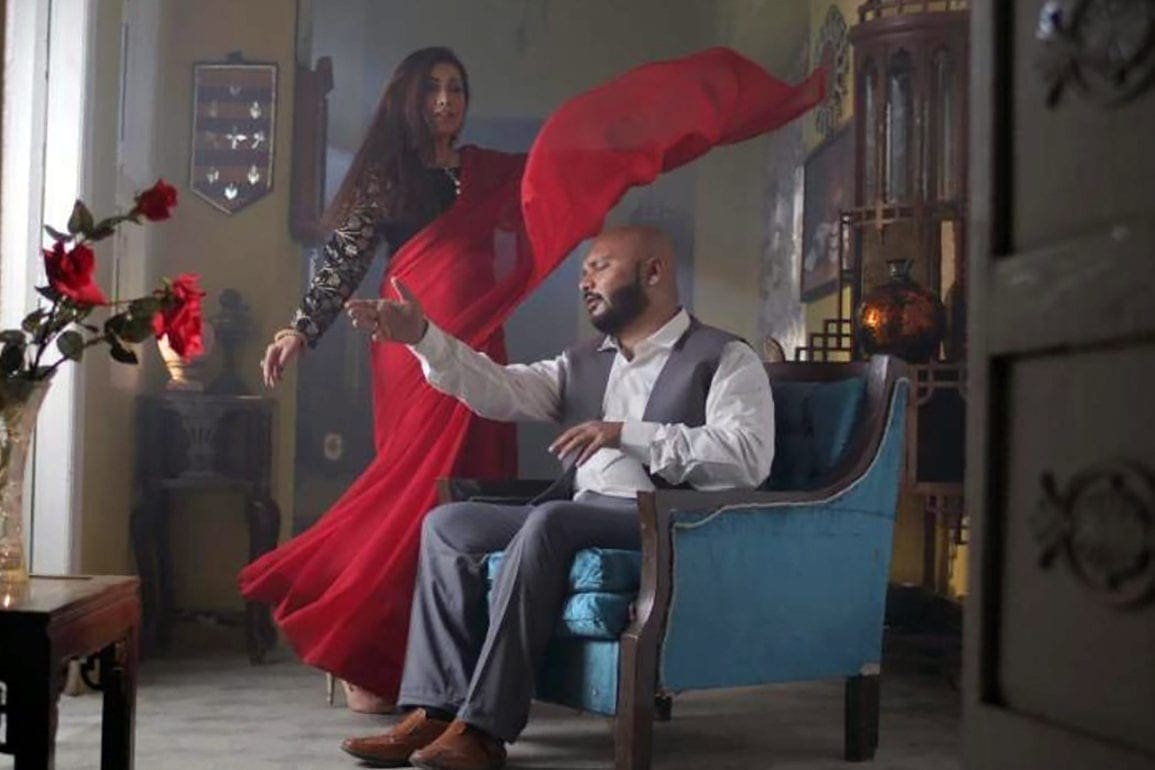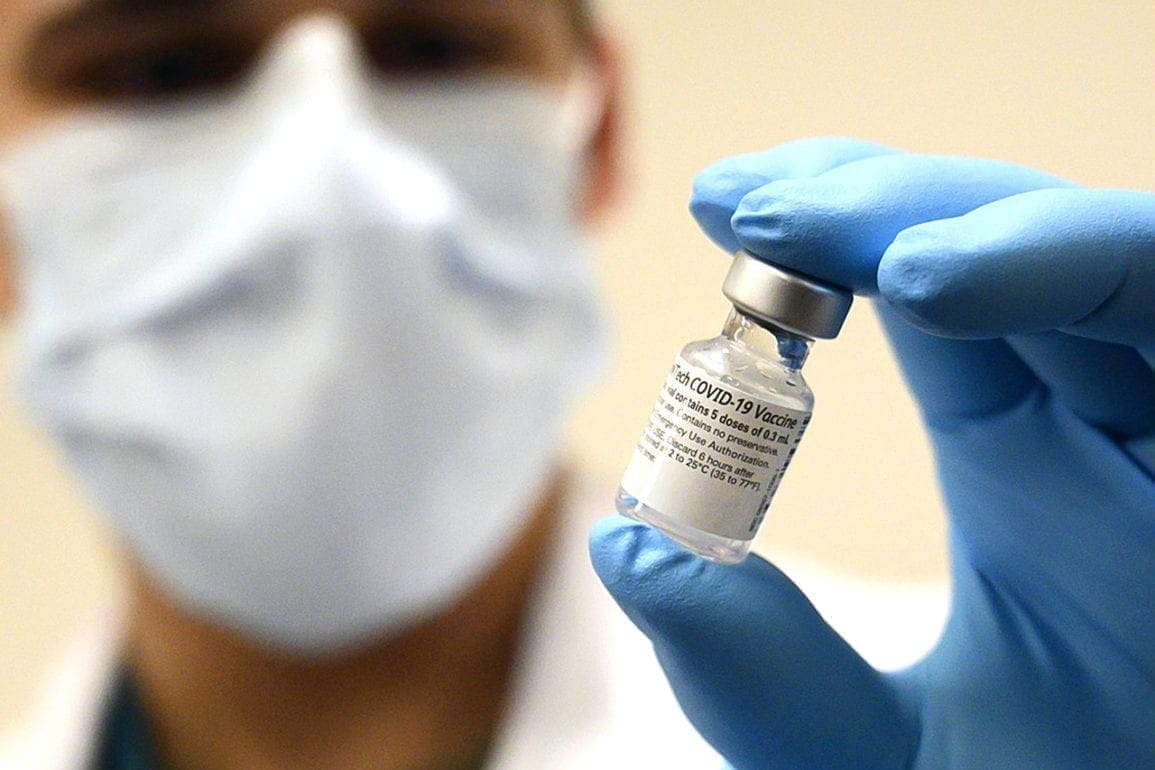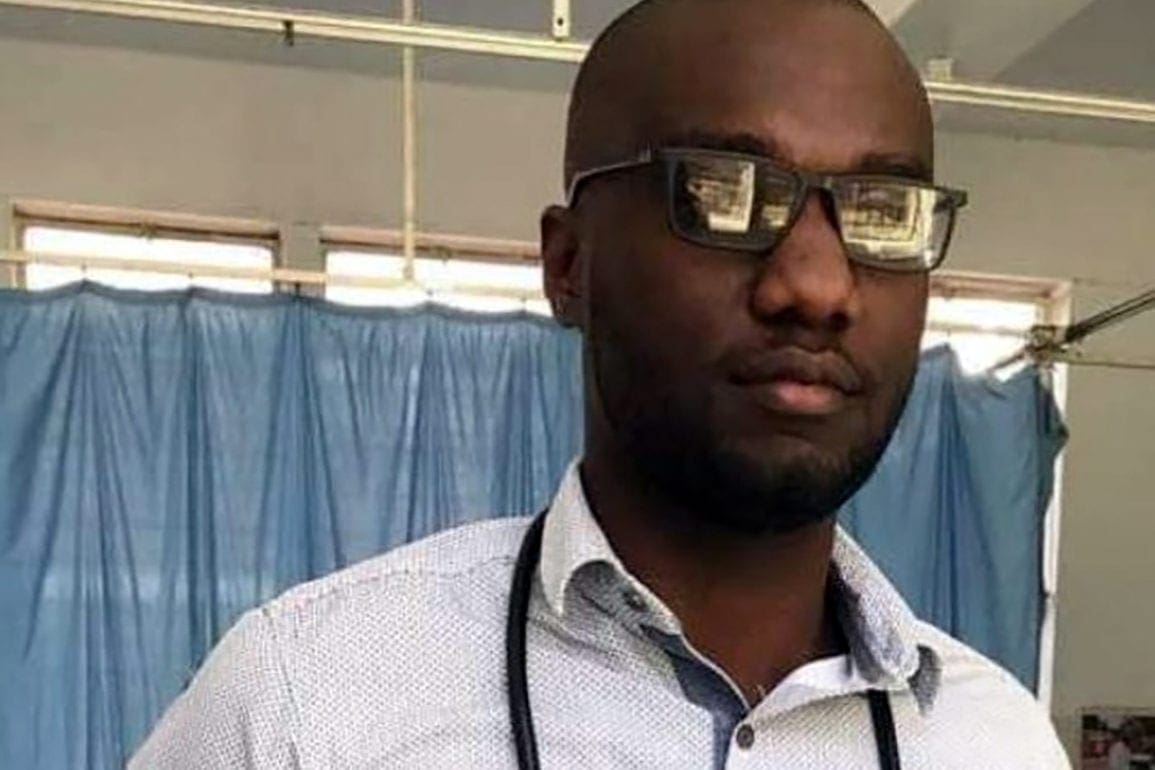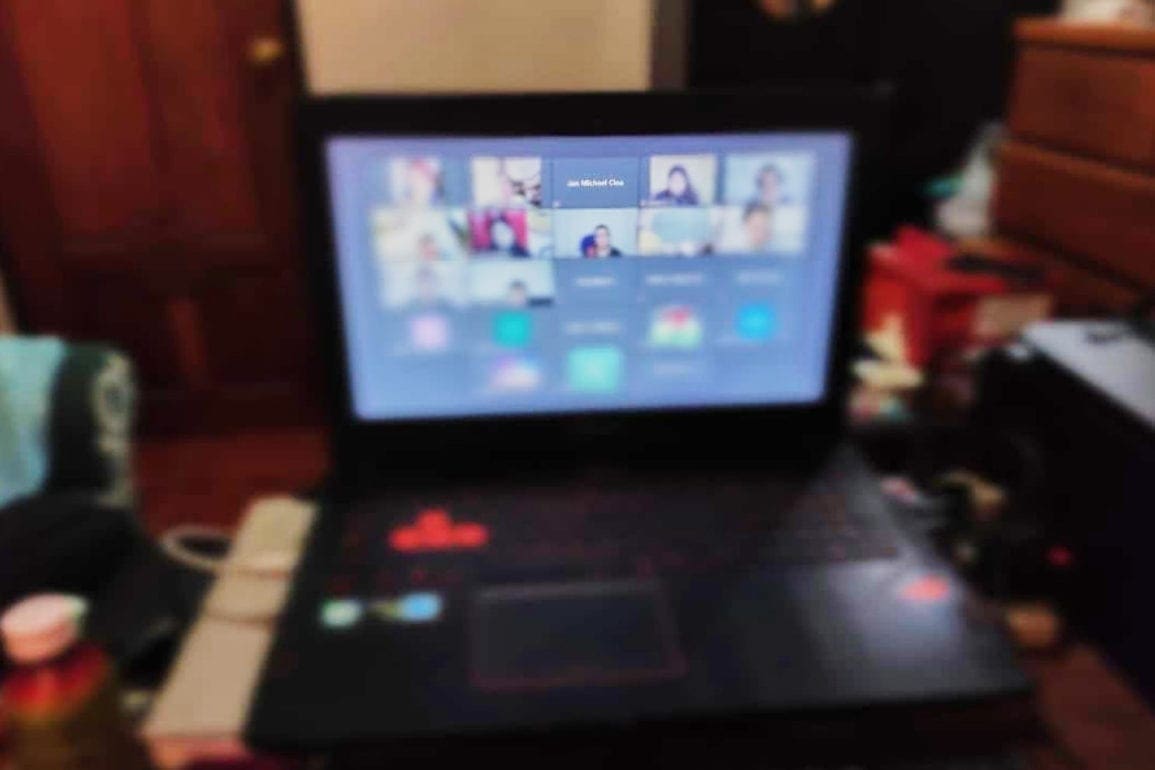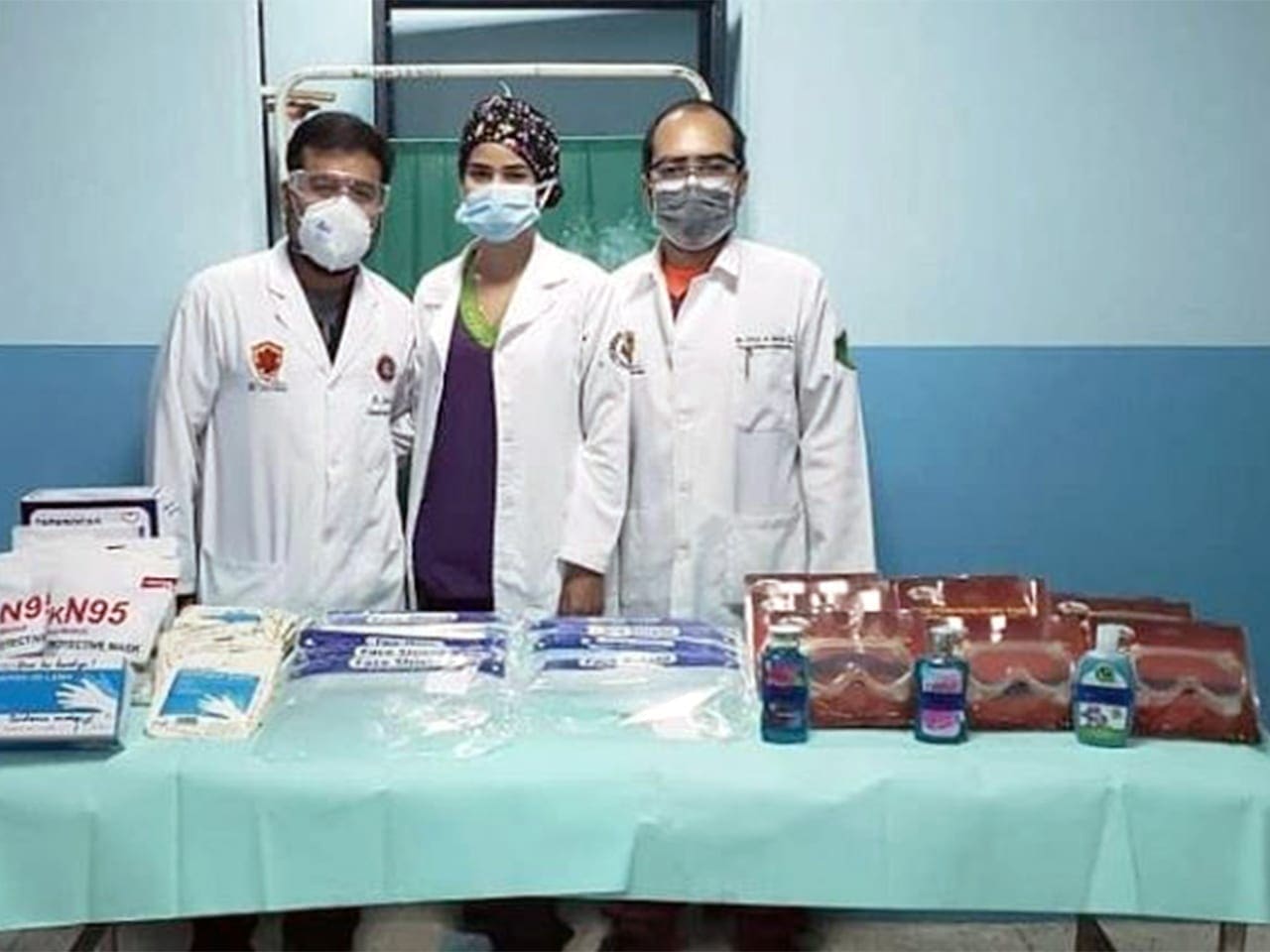Wife dies of COVID-19 after childbirth in Honduras
Every three hours we measured her oxygen. On Thursday and Friday her levels were normal, but by Saturday morning her oxygen saturation dropped from 96 to 92.
- 4 years ago
June 15, 2022
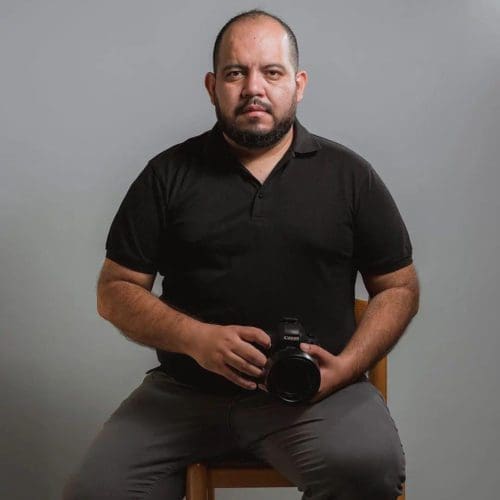
SAN PEDRO SULA, Honduras ꟷ It was a Monday in the mist of the COVID-19 pandemic. My pregnant wife began to show symptoms of having a cold. We wrote a note to her gynecologist and she prescribed a treatment. By Tuesday, a fever and mild cough emerged. I did not like what I was seeing.
The following day, I took my wife to be tested and she came back positive for COVID-19. We began quarantine as fear took hold of me. The curve of infections in Honduras remained high. Care centers were saturated with patients and even the private hospitals offered little space. We began treating her at home.
Woman likely contracted COVID-19 from unmasked taxi driver
When COVID-19 struck Honduras and the country went into confinement, my wife Susely and I enjoyed the time together as a couple. Our relationship grew stronger each day. I work as a professional photographer and Susely became my right hand. We made an extraordinary team.
During the pandemic, she became pregnant. As news of the first cases of Coronavirus appeared in our country, we took extreme caution. She and my daughter Darah never left the house. When Susely became pregnant, we doubled our precautions. When she contracted the virus, I had little notion of how she got it.
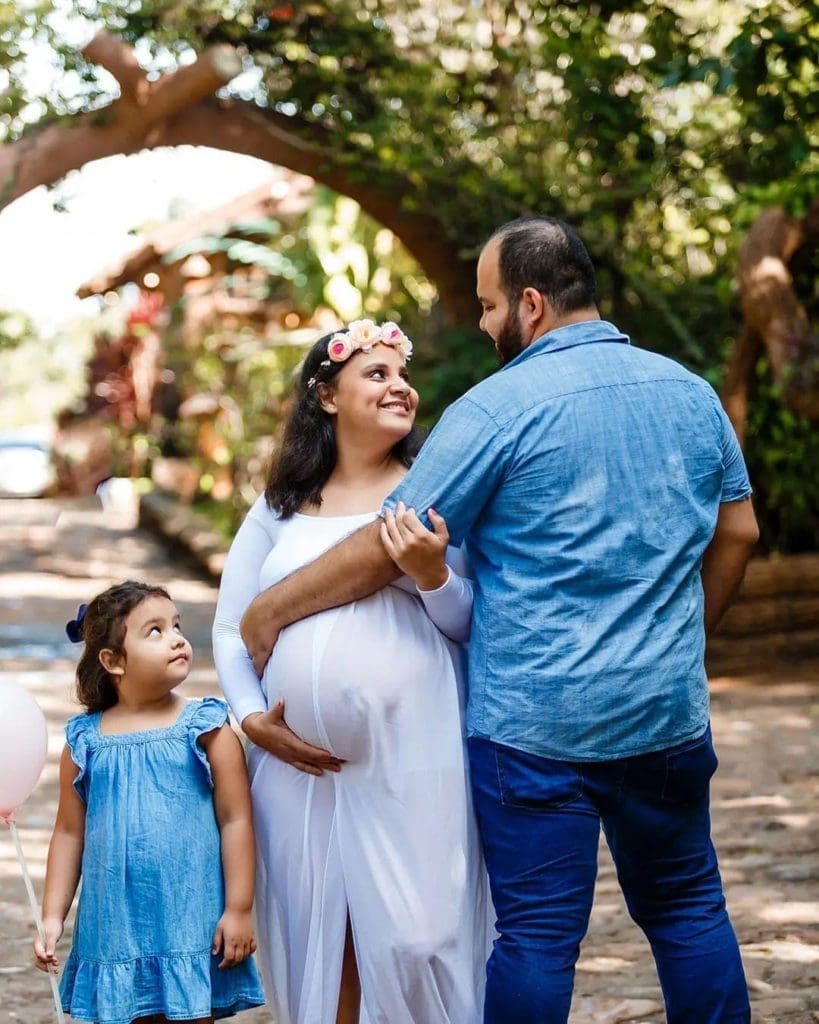
Looking back one thing stands out. On Thursday afternoon we left the house with our daughter to go to church. We walked there to leave a special offering. On the way back home, evening set in and I asked Susely if she wanted to return home by foot or by taxi. By the time she answered that she wanted to walk home, I had already flagged down a taxi. She was 33 weeks pregnant.
She and Darah got in the car. When I hopped in, I felt surprised to see the driver without a mask on. Fear filled me. Just a short time later, I found myself counting the days between that taxi ride and the emergence of Susely’s symptoms.
Pregnant woman becomes increasingly sick with COVID-19, seeks help
Every three hours we measured her oxygen. On Thursday and Friday her levels were normal, but by Saturday morning her oxygen saturation dropped from 96 to 92. That same day, I took her to the maternity hospital. They checked her over and told me she was fine.
I continued to worry. Some friends who are doctors told me to perform a chest exam. I found that one of Susely’s lungs was affected by about 40 percent and the other by 20 percent. This time, I took her to triage, but she received no priority by the hospital.
A doctor looked at the exams but told me they had no space for her. The doctor wished us good luck and threw the results at me. I hit rock bottom. Exerting a superhuman effort to stay calm, Susely could not see the tears filling my eyes.
Back in the car, she got into the back seat and I began to cry. I felt powerless to save the love of my life.
After giving birth prematurely, woman dies from COVID-19
We arrived at another triage. This time, they told me to take Susely to the maternity hospital and say she had labor pains. This way they could not deny her care. The plan worked and they admitted her early Sunday morning. I wish I had thought of it sooner.
On Monday morning the doctors said they would perform a C-section. As Susely went into the operating room, my mom, sister-in-law, and I stayed awake, praying to God for a miracle. My daughter Hannah was born 34 weeks early and needed no oxygen nor an incubator. God answered one prayer.
The next day, on Tuesday, I would get to see my wife. I couldn’t wait to tell her how proud I was of her bravery. Though she was too weak to speak, I knew I would see her answer in her eyes. I went home to shower and at 9:30 a.m. was leaving to see Susely at the hospital. The phone rang. The hospital staff told me my wife had died.
Father tells his daughter that mommy died
It felt like my entire body became paralyzed. I cannot recall what I said to the person on the phone who gave me the worst news of my life. I found myself behind the wheel, crossing the road to the hospital as if by inertia.
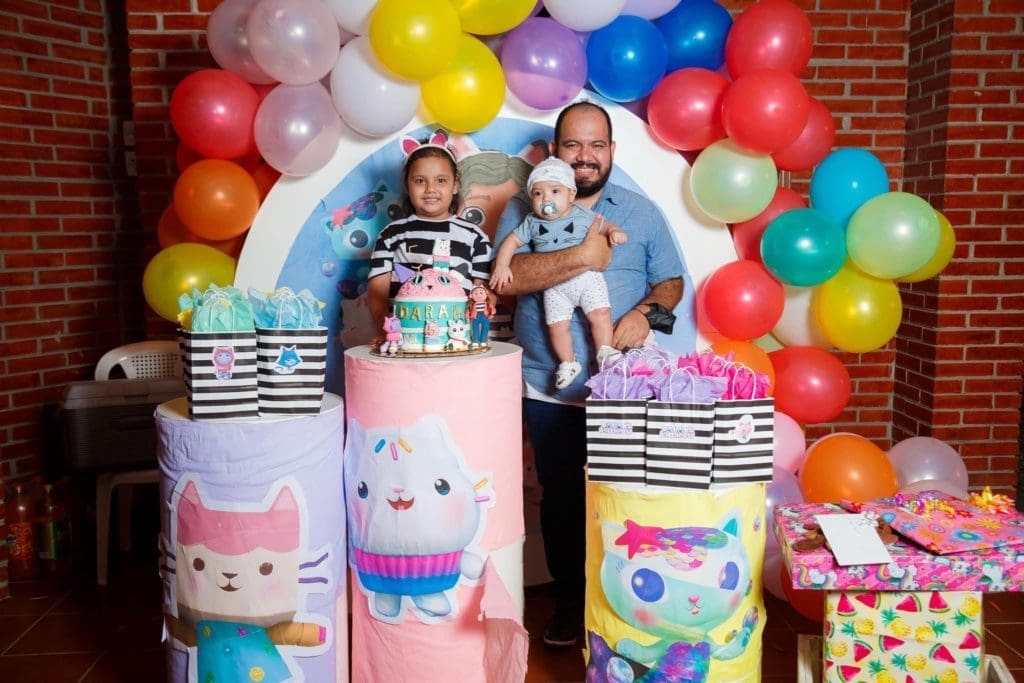
I stopped, cried, and continued on the road until I reached the place where life and death had converged; where I celebrated the birth of my daughter and mourned the death of my wife. I thought, God give me strength because I cannot handle this.
My oldest daughter Darah was four years old. Telling her the news proved intensely difficult. Later, at the cemetery, I told Darah her mom went to heaven. She looked at me and asked, “Did mom die?”
I felt as though something was pressing against my chest; like I was living inside a nightmare. Darah’s tears joined together with mine as I hugged her. We stayed by side-by-side. I comforted Darah even as my own heart was breaking.
Family survives despite the pain
Since that moment, we survived with the support and love from my and Susely’s families. They help me take care of the girls.
So many nights, I cried after Darah went to sleep. Although she shows strength, Darah needs to know where I am at all times now. She needs regular reassurance that I won’t leave her. Sometimes, she tells me she feels the embrace of her mother.
With all the pain of Susely’s absence, my inspiration grows by enjoying my daughters. I take care of Hannah in the same way I watched my wife take care of Darah. I cannot replace Susely and I will never consider myself as good a father as Susely was a mother; but I will spend my life giving my daughter’s all the love they deserve.




